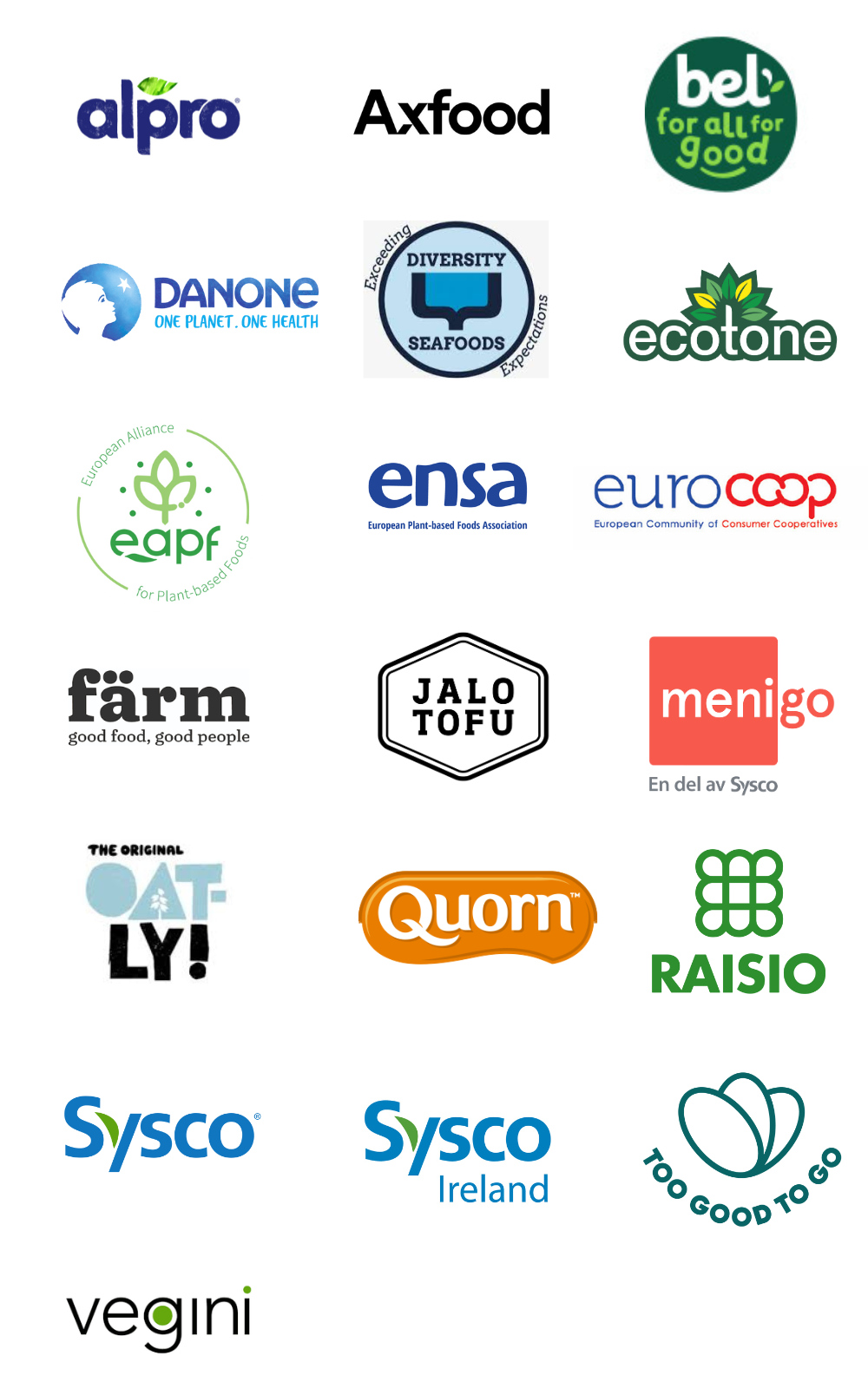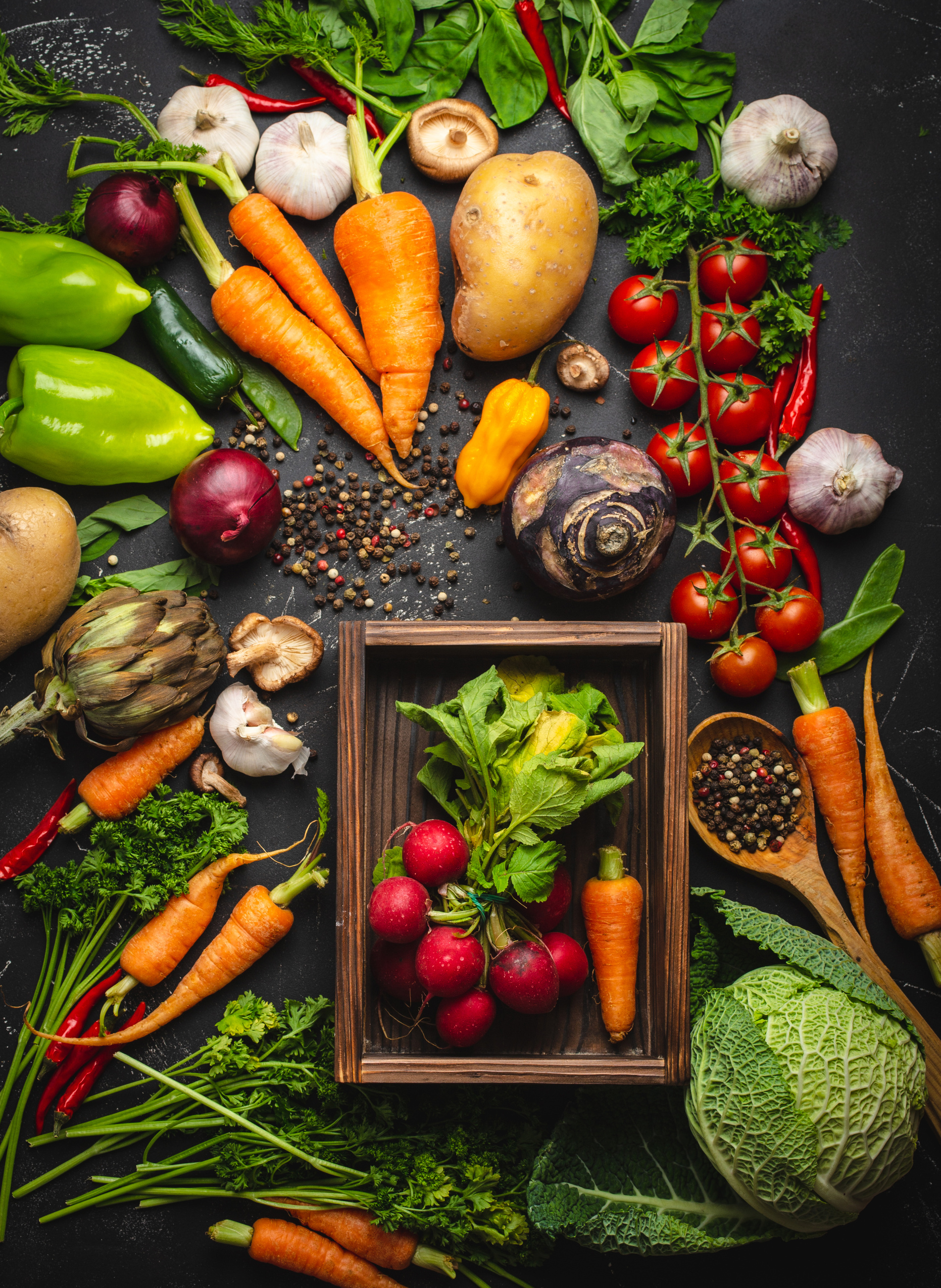Business Statement
Supporting the transition to a sustainable and healthy food system
We, the undersigned companies [1], acknowledge that the EU food system is under pressure. A number of environmental, social and economic challenges, including climate change, biodiversity loss, overfishing, and rising prices are threatening the resilience of our food system, driving food insecurity and negatively affecting the health of EU consumers.
Therefore, we call on EU institutions to ensure that the upcoming EU legislative framework for sustainable food systems enables all the food actors to transition to more environmentally friendly and healthy food systems. Inaction and/or lack of ambition will come at a great cost for the competitiveness, viability and resilience of the EU food system and business.
We welcome the European Commission's holistic approach to this transition, as current rules need enhanced coherence, less fragmentation and a level playing field for all companies producing and placing food and feed products on the EU market. We are expecting that the upcoming framework law will mainstream sustainability into all food-related policies and set a clear path for transformation, thereby helping fulfill the EU commitments under the European Climate Law, the Paris Agreement and the Montreal-Kunming conference.
We urge the European Commission, as well as the European Parliament and the Council of the European Union, to support the inclusion of a number of elements in the framework law, as these can ensure that the new law is effective and beneficial for nature, people and business:
- An overarching objective to reduce GHG emissions from food operations, including scope 3 emissions, in order to meet climate neutrality by 2050, as stated in the European Climate Law. This objective is needed to create a level playing field for all the companies producing and placing feed and food on the EU market and to enable them to achieve the climate neutrality objective set under the European Climate Law.
- Requirements for an effective alignment of public subsidies with high standards of environmental and social sustainability in food operations. The framework should clearly state that all the EU and national public funds should be directed to support sustainable food operations that are in line with international commitments, and which protect and restore biodiversity, natural habitats and water resources. The framework should also ensure the removal of subsidies that are harmful to health, climate and biodiversity, while ensuring a just transition for farmers.
- Provisions to transform commodity supply chains that contribute to the degradation and destruction of natural habitats, and which must instead preserve and restore ecosystems and biodiversity. Companies that produce and place food or feed products or commodities on the EU market should establish an action plan and strategy towards conserving, protecting and restoring natural habitats and biodiversity, as they look to align their activities with science-based targets on nature and climate. Companies should prevent, reduce and remedy negative impacts on air, land, soil and water, which arise from their own operations and from business relationships in their value chains.
- Requirements for increased supply chain transparency and traceability for all companies. The EU should put forward regulatory solutions to further encourage suppliers or traders importing into Europe to disclose the required supply chain information to the EU Member States authorities and to their customers. These requirements should be developed in a way that enables better cross-industry collaboration along the food supply chain. The EU should also consider specific support for exporters or traders to comply with these provisions.
- Develop overarching objectives to create enabling food environments that make healthy and sustainable food products the easiest and most affordable choice for consumers across the EU. The EU should develop clear and common objectives to support the transition to sustainable diets. These objectives should also ensure that marketing and advertising of food products prioritise the promotion of planet-based diets. These objectives should be followed by a coherent alignment of the EU and national public funds.
- Requirements for Member States to develop National Action Plans to enable national transition towards a more sustainable food system and support the diffusion of planet-based diets. The National Food Action Plan should contain a revision of national dietary guidelines to be aligned with planet-based diets. These plans should mainstream food, fisheries and agriculture sustainability into all food-related policy measures, including subsidies, financial aids and fiscal policy. Furthermore, they should include policy measures to improve the affordability of sustainable and healthy food and support food education at all ages.
The EU has a historic opportunity to help companies operating in Europe to achieve a more resilient and healthy food supply chain, and show global leadership by putting sustainability at the heart of its food policies. Including these elements in the upcoming legislative framework for sustainable food systems will ensure the needed transition.

[1] A number of individual companies signed the statement, including Danone, Axfood, Bel Groupe, Färm, Sysco, VeggieMeat and Diversity Seafoods. Other companies have joined via the European Plant-based Food Association, Euro Coop, and the European Alliance for Plant-based Foods. Currently, 53 companies have signed the statement. The statement remains open for signatures.
BACKGROUND
The EU Sustainable Food Systems Law - an opportunity to ensure good food for all
Food systems are an essential pillar of our societies and economies, but currently are contributing to biodiversity loss and climate change. The way we produce and consume food is not only unsustainable, but also detrimental to our own health.
To tackle this, the European Commission placed the Farm to Fork Strategy for a fair, healthy and environmentally friendly food system at the heart of the European Green Deal, and announced a flagship EU legislative framework for sustainable food systems for late 2023.
This new EU law will aim to integrate sustainability into all food-related policies, while addressing the inextricable links between healthy people, healthy societies and a healthy planet.
The EU food system is responsible for 31% of GHG emissions in the EU and is fostering unhealthy diets leading to the deaths of 1 in 5 Europeans. The upcoming framework law is an incredible opportunity to reverse this trend and set a clear vision to guide companies in the transition to sustainable food systems.
The European Commission must publish its proposal by September 2023, as planned.

Contact us
You can become part of this by signing the above business statement!
Get in touch and help us ensure #GoodFood4EU: goodfood@wwf.eu